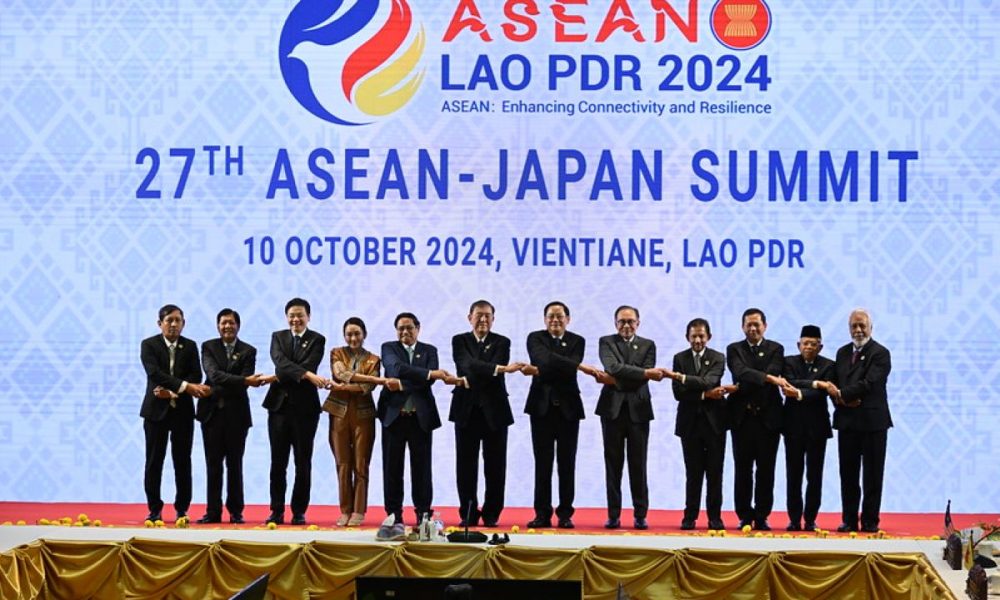
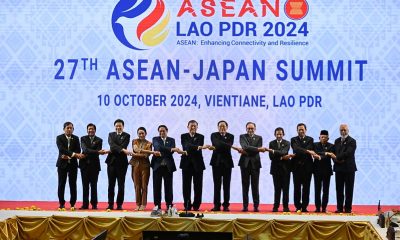

New PM Ishiba and ASEAN members shared a welcoming exchange of proposals in Vientiane. However, his first meeting with Chinese Premier Li Qiang appeared frosty.
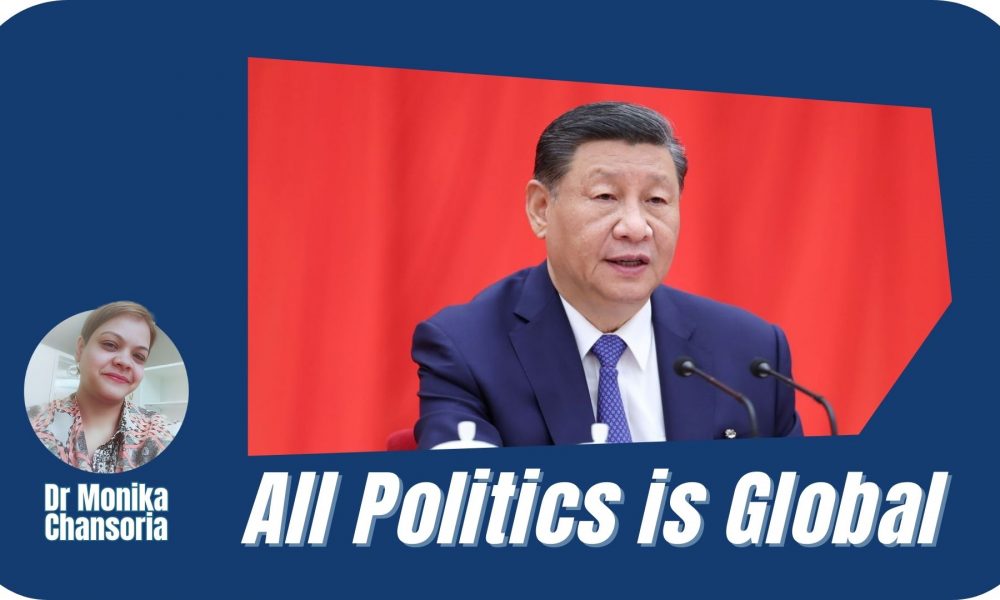
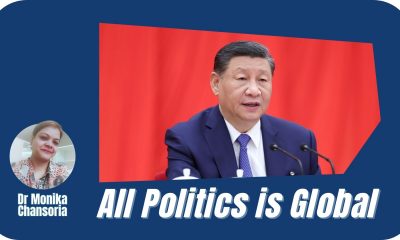

China claims "thriving" trade, but Africa's trade deficit has widened by 46%. Meanwhile, Chinese investment continues to grow with a heavy focus on minerals.
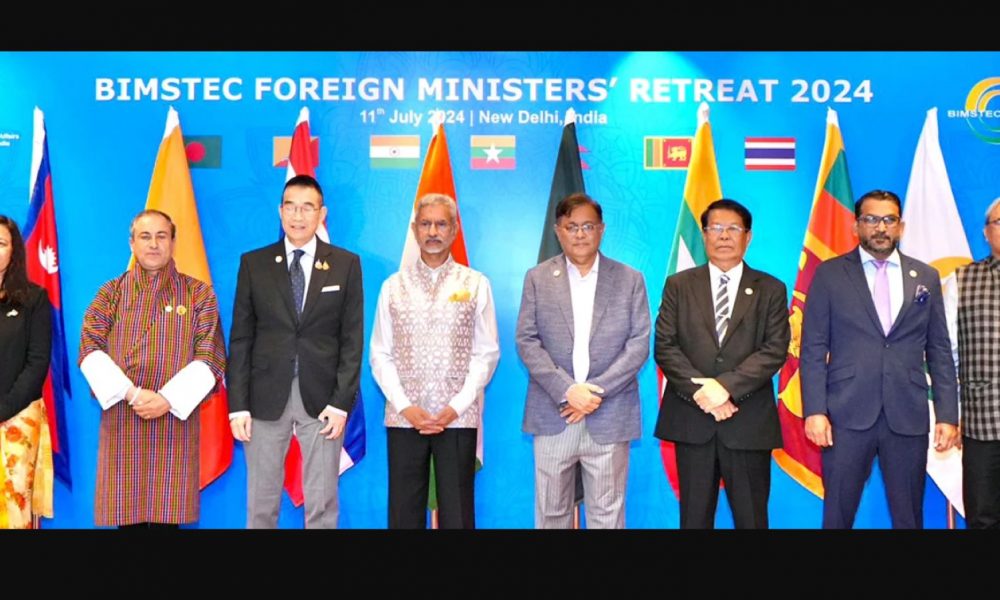
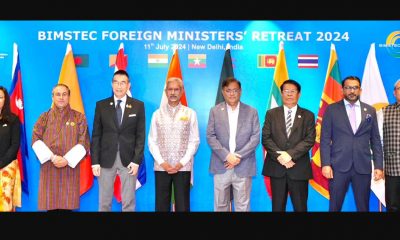

The interests of India and Japan converge in the BIMSTEC region, and New Delhi and Tokyo should cooperate in its development, especially on connectivity.
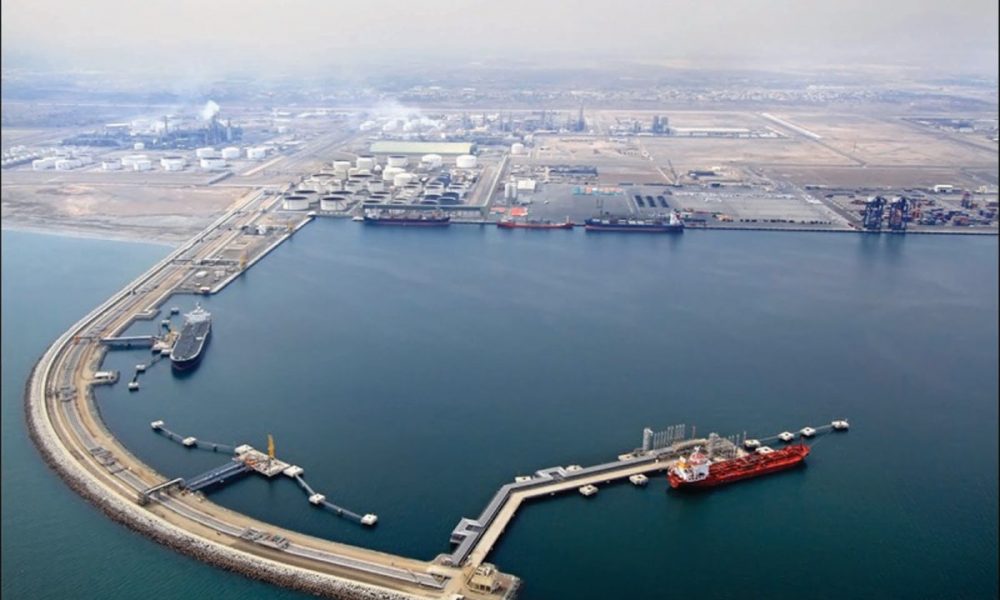
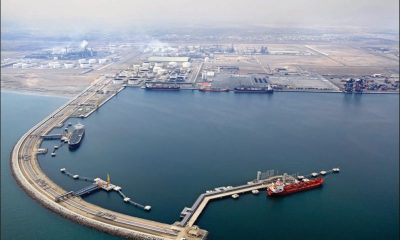

The deal nicely links transportation routes under construction by India with Iran's Chabahar Port while it presents several perplexing challenges for Japan.



China's "railway dream," estimated to exceed 10% of Nepal's GDP, will push Nepal further into economic subordination and exacerbate South Asia's security risks.



Unlike Japan's inclusive approach, China's aid to the Pacific Islands is exploitative and must be countered to maintain a rules-based order in the region.



The poorly constructed Pokhara airport, which has engulfed Nepal in massive debt, illustrates the risks of importing China's infrastructure-at-any-cost model.


To safeguard Asia's peace and security in 2024, the free world must bolster alliances to push back China's expansionist agenda and forced sphere of influence.
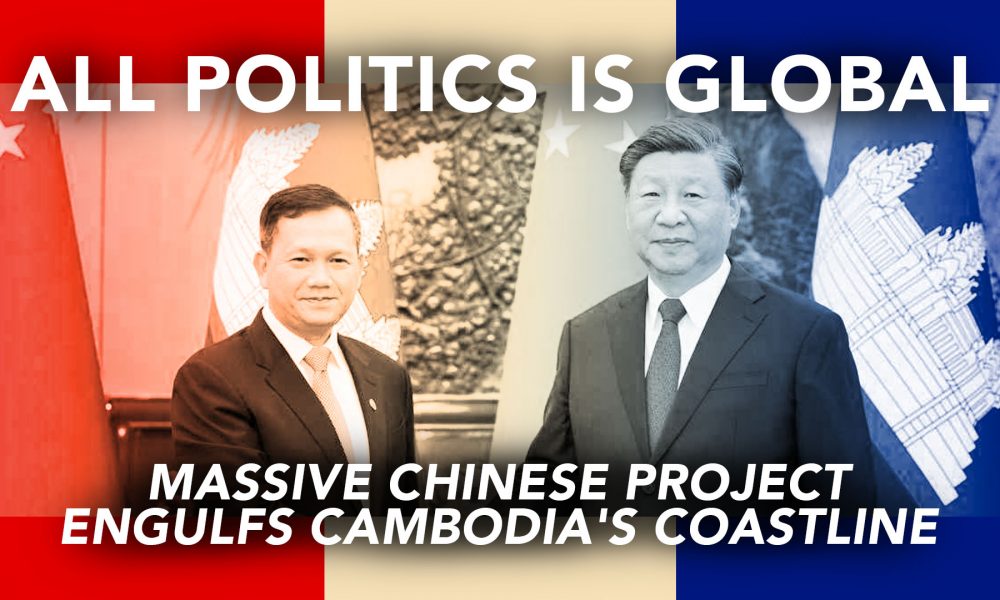
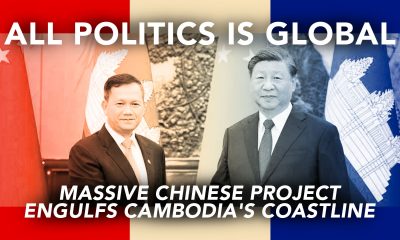

With 20% of its coast controlled by a Chinese firm and a key naval base renovated with Chinese funds, Cambodia has become Beijing's chief regional extension.
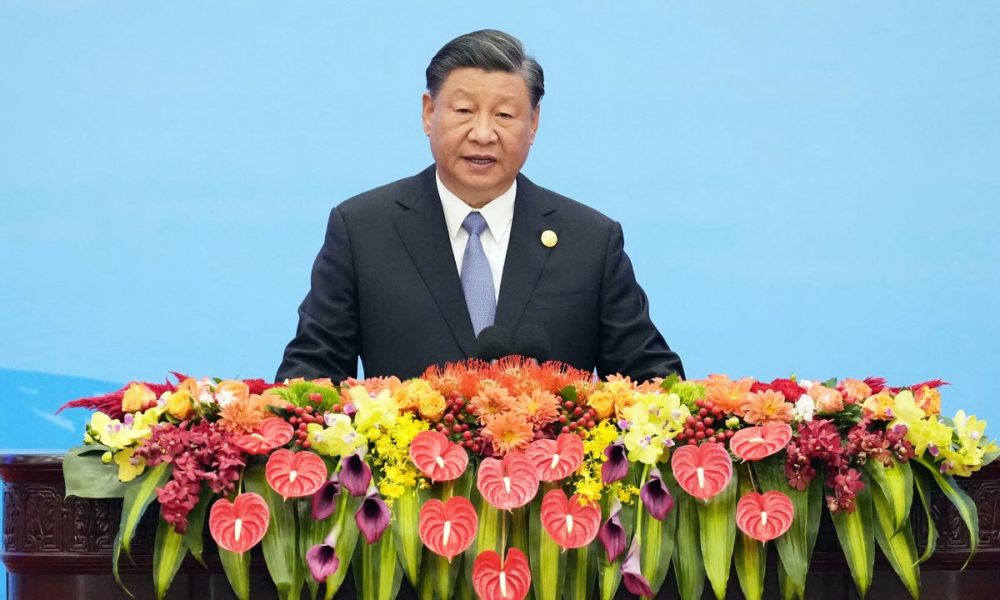
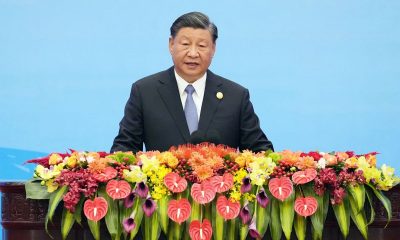

To counter China's destructive Belt and Road Initiative, G7 nations should lead in infrastructure financing based on transparency and fairness.
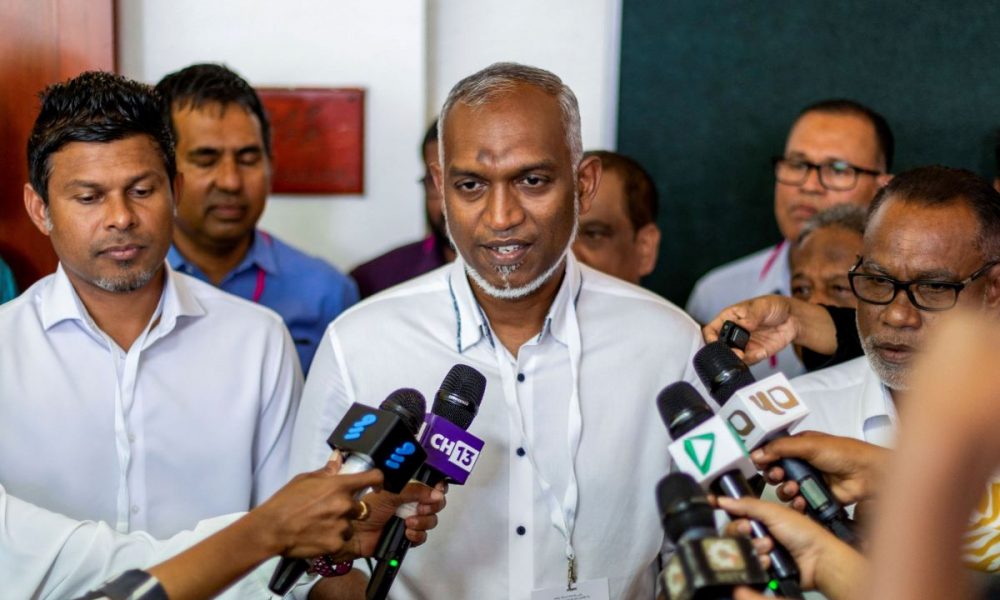


Beijing's growing influence on the Maldives, already ensnared in China's debt trap, could pose a serious security threat to countries like India and Japan.
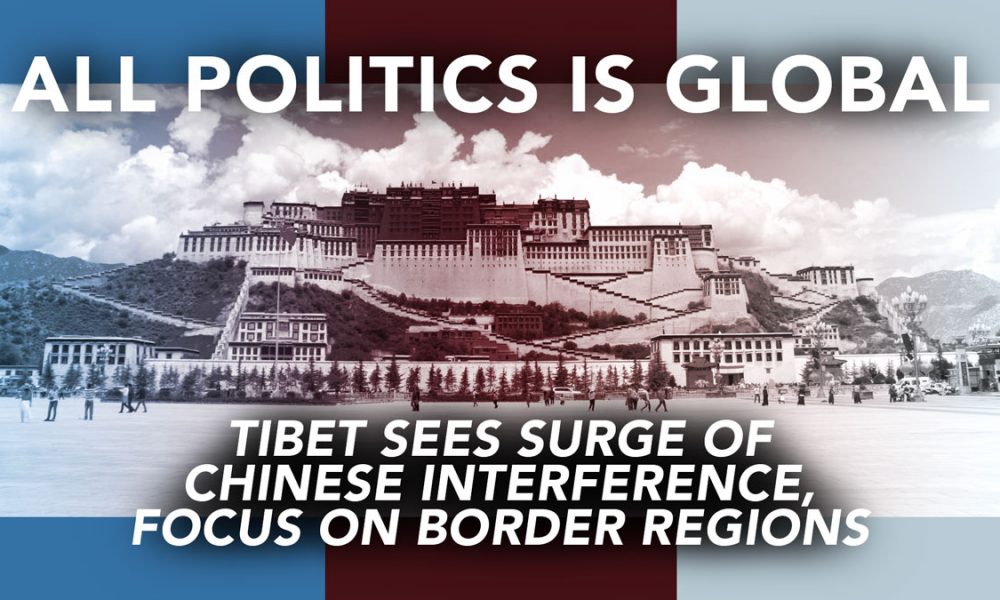
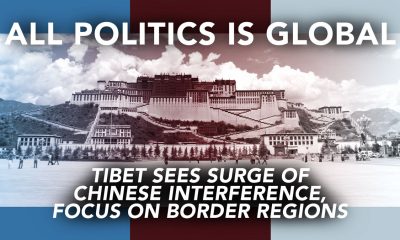

According to reports, China could be pursuing a politico-military advantage in Tibet to enhance its capacity for swift military deployment in border regions.